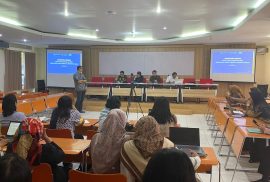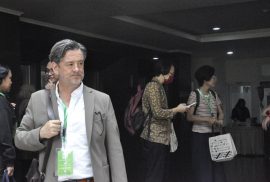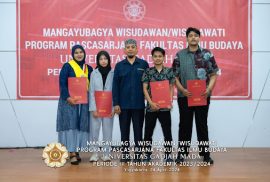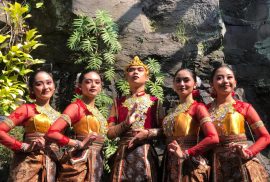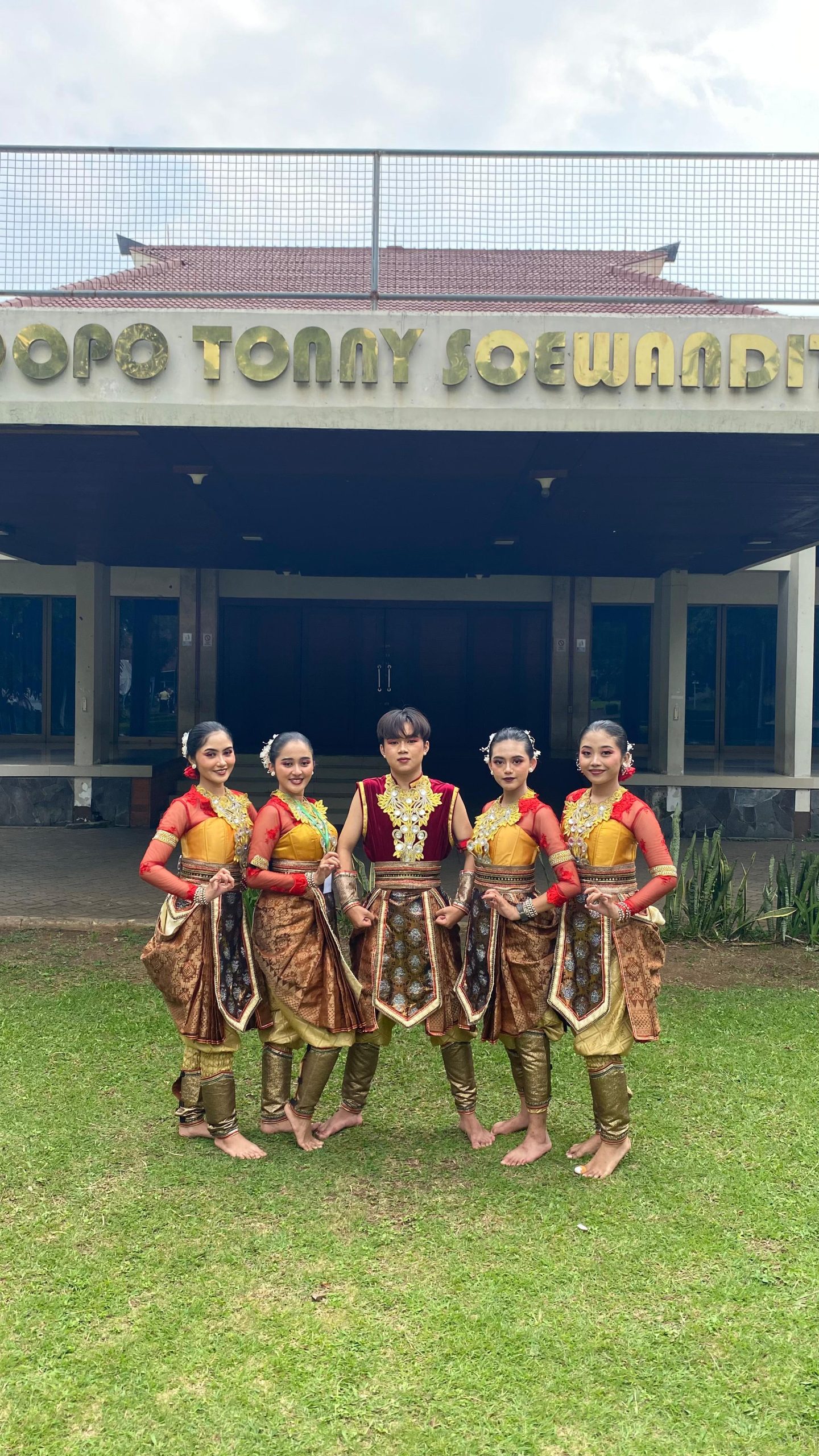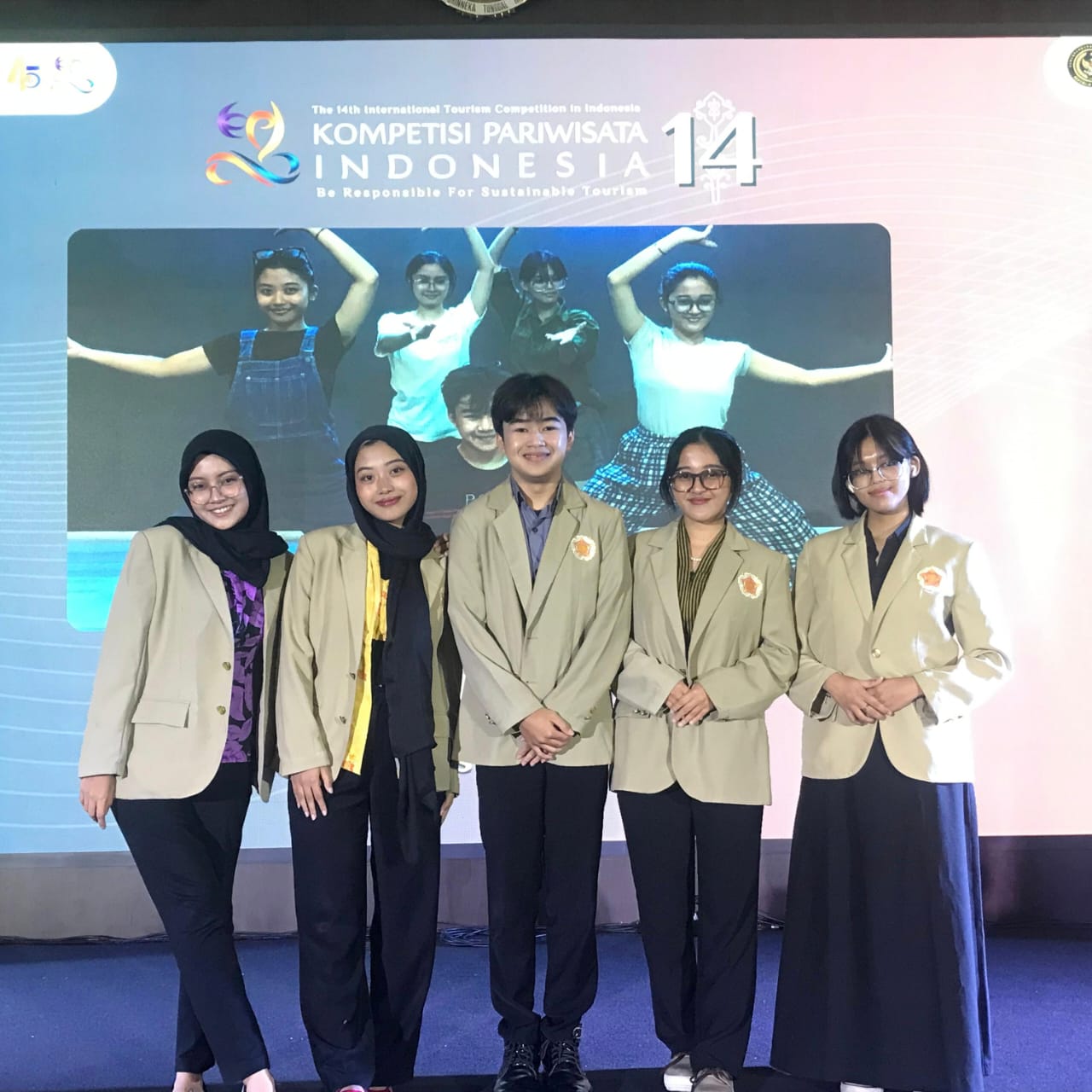In today’s increasingly complex and interconnected world, energy and environmental challenges have become global issues that cannot be solved with a single approach. This phenomenon requires a broader, interdisciplinary approach. While our education and academic practices often stick to the boundaries of established disciplines, it is increasingly clear that solutions to these problems require collaboration across fields. Many academics now recognize that the integration of ideas from different disciplines is key to tackling these complex challenges more effectively. They realize that no single discipline can provide all the necessary answers.
In this context, this roundtable panel aimed to observe and explore the value of interdisciplinary approaches. Panelists discussed how perspectives from different disciplines can be used synergistically to analyze and address energy and environmental challenges. The ultimate goal is to create effective strategies to observe and resolve these issues, with the hope of building a sustainable future for generations to come. By combining knowledge and methodologies from different fields, it is hoped that this interdisciplinary approach will pave the way for more holistic and integrated innovative solutions. This activity was held on July 9th, 2024 at 9.00 am – 10.30

